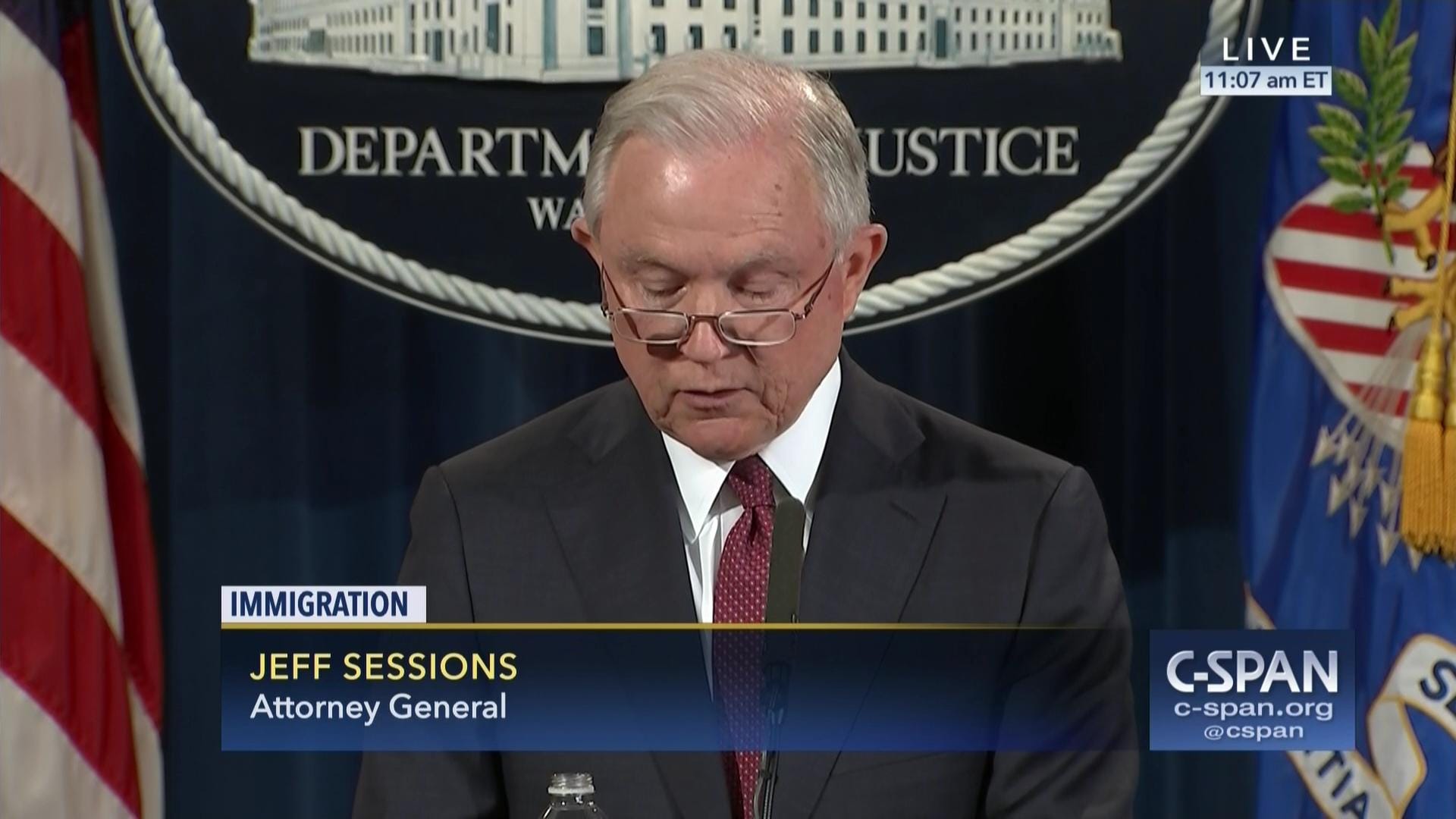Discount Teachers: Students, Teachers, and America Deserve Better!
Discount Teachers: Students, Teachers, and America Deserve Better!
Like most people, I like a sale, but there are some things that don’t pan out at bargain prices, like America’s public school teachers.
Most teachers are paid by a career ladder. This means they receive a salary step increase with every year of experience. Some don’t like this protocol, but it is simple and direct. Teachers don’t have to compete for bonuses. But it leaves veteran teachers vulnerable.
For years, corporate reformers and policymakers have tried to cheapen and destroy the teaching profession. They don’t want to pay teachers what they’re worth. It seems vindictive since most teachers don’t make huge salaries compared to some professions with equal education.
These same reformers have attempted to replace teachers with cheaper alternatives at discount prices, relying on individual and corporate funding through donations, or they’ve used tax dollars to fund alternative teaching programs.
Many believe the goal is to replace teachers with online instruction. This is easy to believe. We see little effort to save the teaching profession.
Here’s how we’ve become a nation of discount teachers.
Diminished License Requirements




























